All about that bass: master classes and performance with guest artist Robin Kesselman
For Robin Kesselman, a trip to Winston-Salem is a chance to visit family. Although it’s often to see his sister Lindsay and brother-in-law (UNCSA’s Christopher Lees), his latest visit was with another, newer family – the UNCSA Double Bass Studio.
Kesselman, Principal Bass for the Houston Symphony Orchestra, was a visiting guest artist in the School of Music in October. His whirlwind three-day visit included practice and performances with the UNCSA Symphony Orchestra, serving as a guest judge for the School of Music's concerto competition, leading master classes and private lessons with double bass students and sharing informal meals with the whole bass studio “where we just talked about life and nerdy stuff,” he laughs.

Kesselman led master classes in solo and orchestral performance. Photos: Roxanna Lynne Photography.
“It was a great studio to work with,” he adds. “Bass students are so fun. They are all great people and so eager to learn. It’s like a family.” UNCSA’s bass studio is no exception and he was excited to work with the “head” of UNCSA’s bass family, Paul Sharpe, whom he had seen perform before but never personally worked with.
“Paul is a wonderful man,” Kesselman says. “He has so many interests … he plays in duos, symphony orchestras.” Sharpe, he adds, brings his eclectic tastes—everything from folk music to classical concertos—to the studio and to his students, where his classes are geared toward covering that range.
Being able to embrace such a wide array of styles and performance opportunities is helpful, for example, in an audition. “Auditions are no different than playing a recital. Just as much commitment goes into learning a piece and it’s not a sterile environment.”
Kesselman, a graduate of the University of Southern California and the Curtis Institute of Music, has been principal bass with the Houston Symphony Orchestra since he completed his diploma at Curtis about a year and a half ago.
He’s also been teaching regularly, which he embraces as part of his own continual learning process.
You have to be able to translate for all kinds of learning styles. It’s the same puzzle, but there are a lot of different ways to put it together.
“Teaching is really amazing, it makes you so much better,” he says. “You may have been doing something one way for years but it doesn’t work for someone else. So you have to be able to translate it for all kinds of learning styles. It’s the same puzzle, but there are a lot of different ways to put it together.”
He sees that teaching and learning process reflected in the bass studio at UNCSA, where students of various age and experience levels all work together on a regular basis. “It’s really fun,” he says. “You have a graduate student next to a sophomore in high school and they are learning from each other as colleagues.”
Older students can share their knowledge and technique, while for them watching younger students learn and master the fundamentals reinforces their own foundations. “Some of the greatest players are the people who realize there is always more work to do on fundamentals,” Kesselman says.

Kesselman with a bass student during a master class.
Although a relatively young teacher himself, he says he doesn’t teach with age in mind. “We are all classical musicians,” he says. However, he acknowledges he does have a certain proximity to the process of being a music student, spending hours upon hours in the studio and practice rooms and searching for positions after graduation. “I get what it’s like,” he says. “I think it makes me both more empathetic and harder as a teacher.”
Sharpe says his studio enjoyed and appreciated Kesselman's thoughtful approach to the bass and teaching. “Robin has a generous and accepting heart coupled with very high standards. He is also a very cerebral bassist who carefully processes everything he does, physically, mentally, and musically.”

Kesselman with bass students during a master class.
It wasn’t just the teaching experience Kesselman enjoyed during his visit. He was able to perform with the UNCSA Symphony Orchestra, including the Double Bass Concerto by Serge Koussevitzky, which he will be performing with the Houston Symphony in February and which much of the bass studio has played or will be learning shortly.
“The Koussevitzky Concerto is a rite of passage piece for all bassists, and is often a required piece on many professional auditions,” Sharpe says.
Kesselman also savored the chance to work with Lees, who he admires for his work on the concert stage and with students. “He will give everything,” he says. “He does not hold back. He wants to give the students as good of an experience as possible.”
That’s something he saw reflected throughout his visit as a guest artist. “UNCSA is a really fantastic and amazing place,” he says. “The music faculty seem really in tune with their studios. It’s a small family of people, and they worked hard to tailor my experience as guest artist and also fit it with the students’ curriculum.”
For Sharpe, it was a privilege to have Kesselman on campus. “As principal bass of the Houston Symphony he has joined a legacy that has produced some of the finest bass pedagogues and teachers in the United States this century [including living legends Paul Ellison and Hal Robinson],” he says. “Robin is the newest member of that legacy, and his teaching reflects that. The UNCSA bass studio greatly enjoyed his approach and his time with us—professionally and socially.”
November 17, 2016
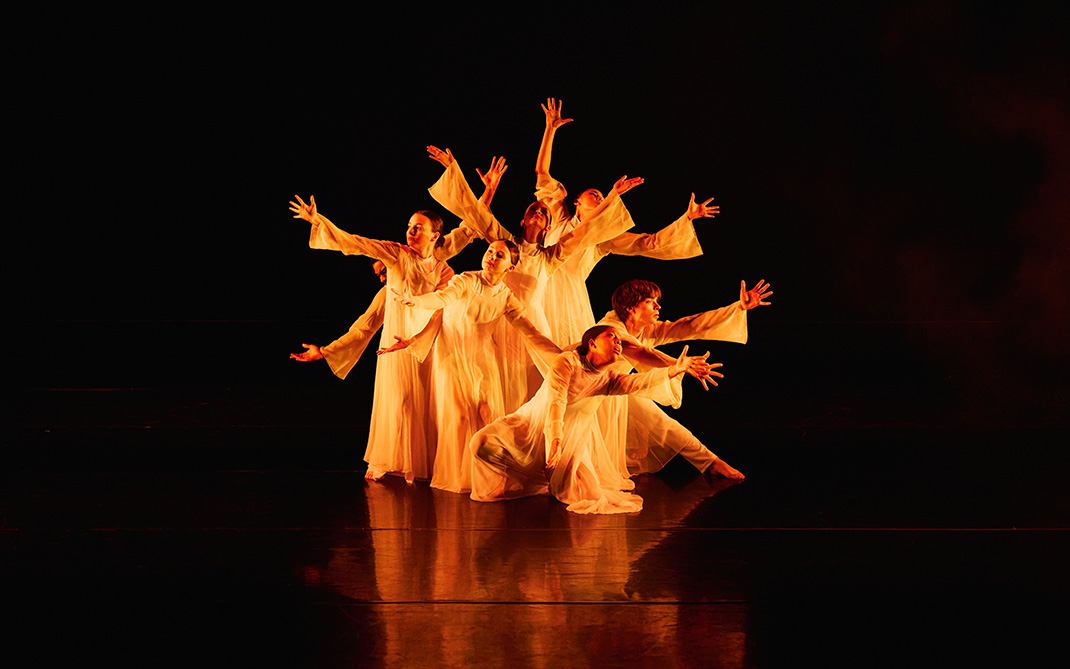
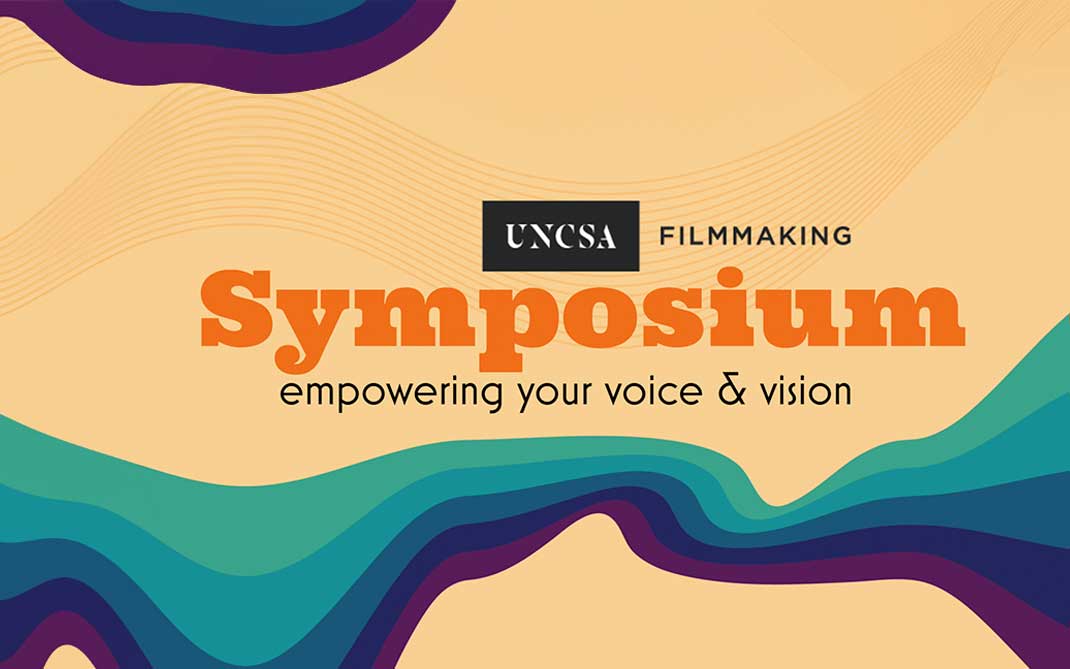
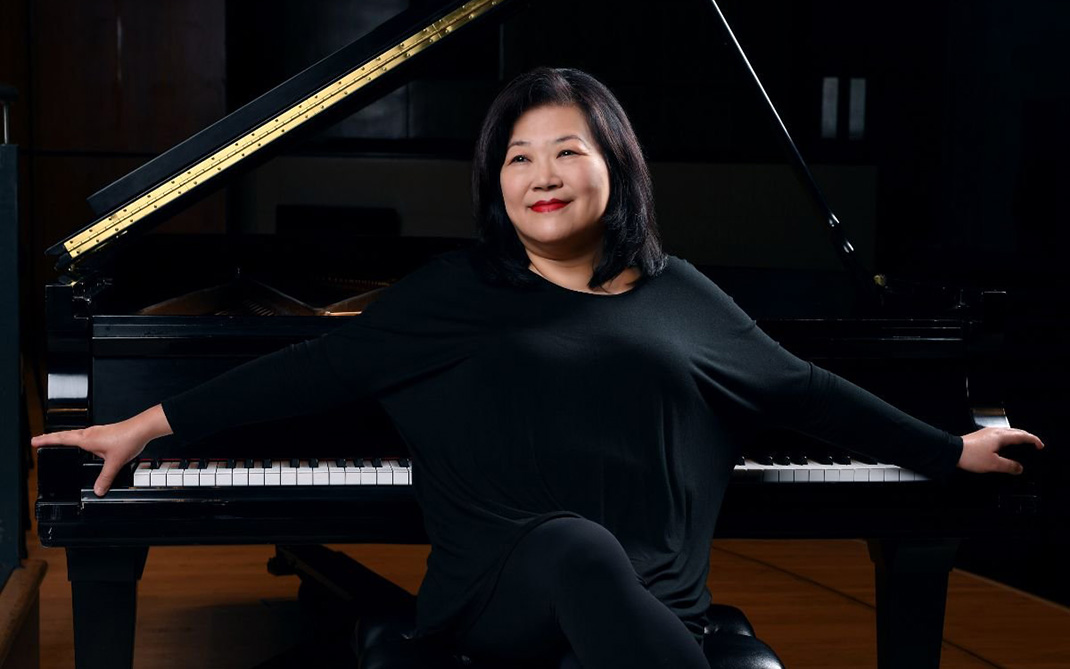
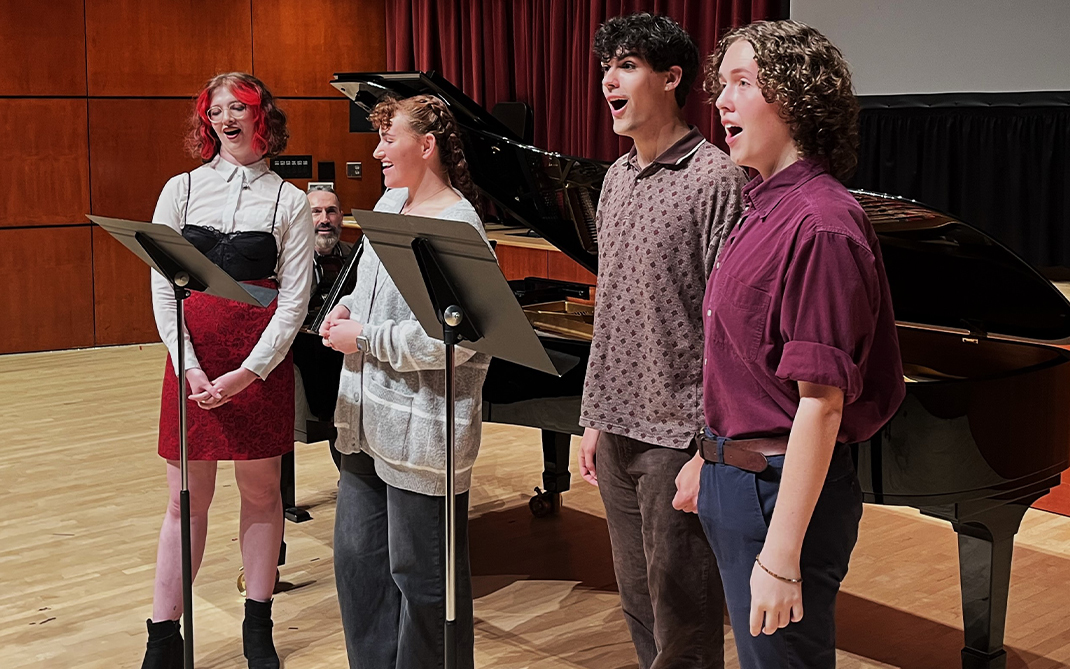
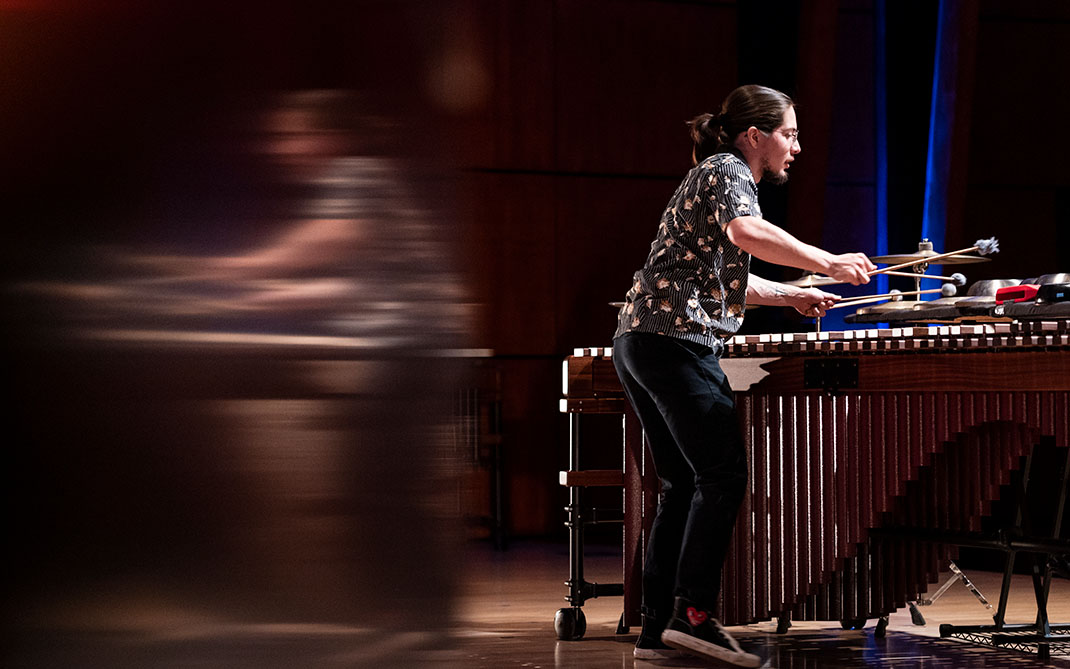
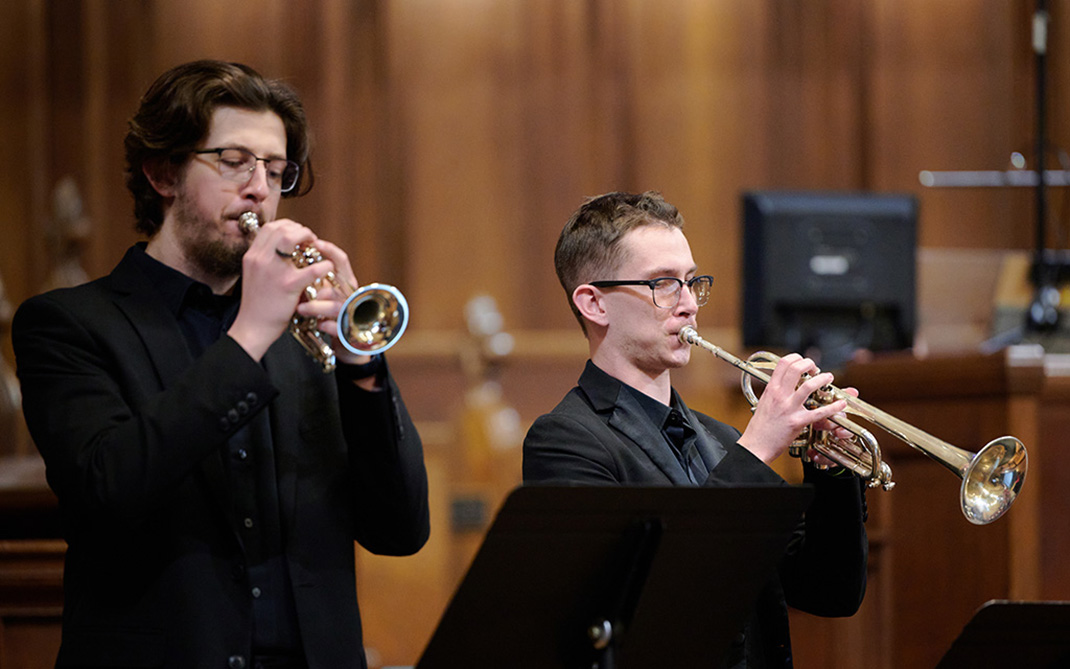

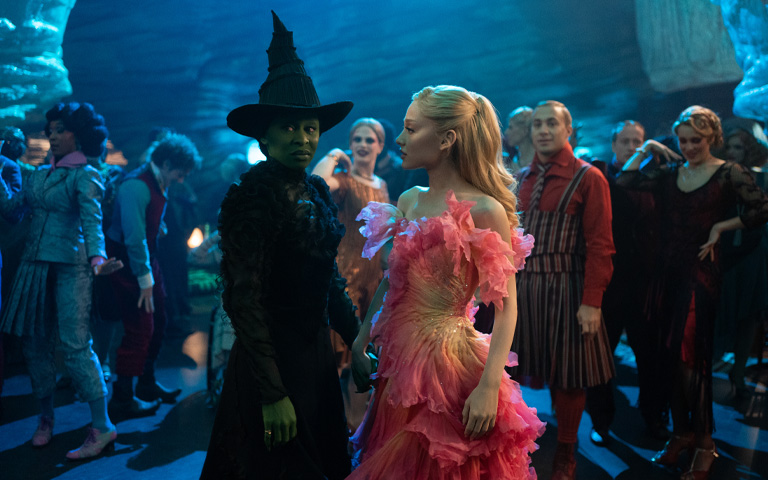 How Wicked-ly talented UNCSA alumni shaped the enchanting world of Oz
How Wicked-ly talented UNCSA alumni shaped the enchanting world of Oz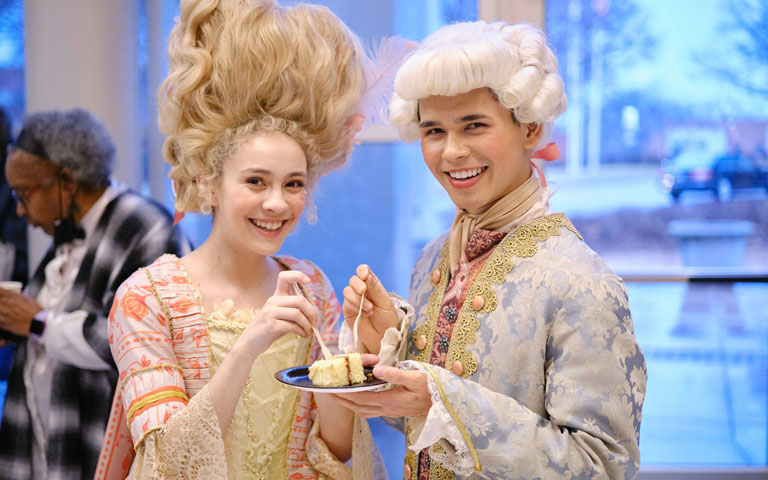 UNCSA Presents: December and January performance highlights
UNCSA Presents: December and January performance highlights UNCSA raises $25K for Hurricane Helene relief in western North Carolina
UNCSA raises $25K for Hurricane Helene relief in western North Carolina